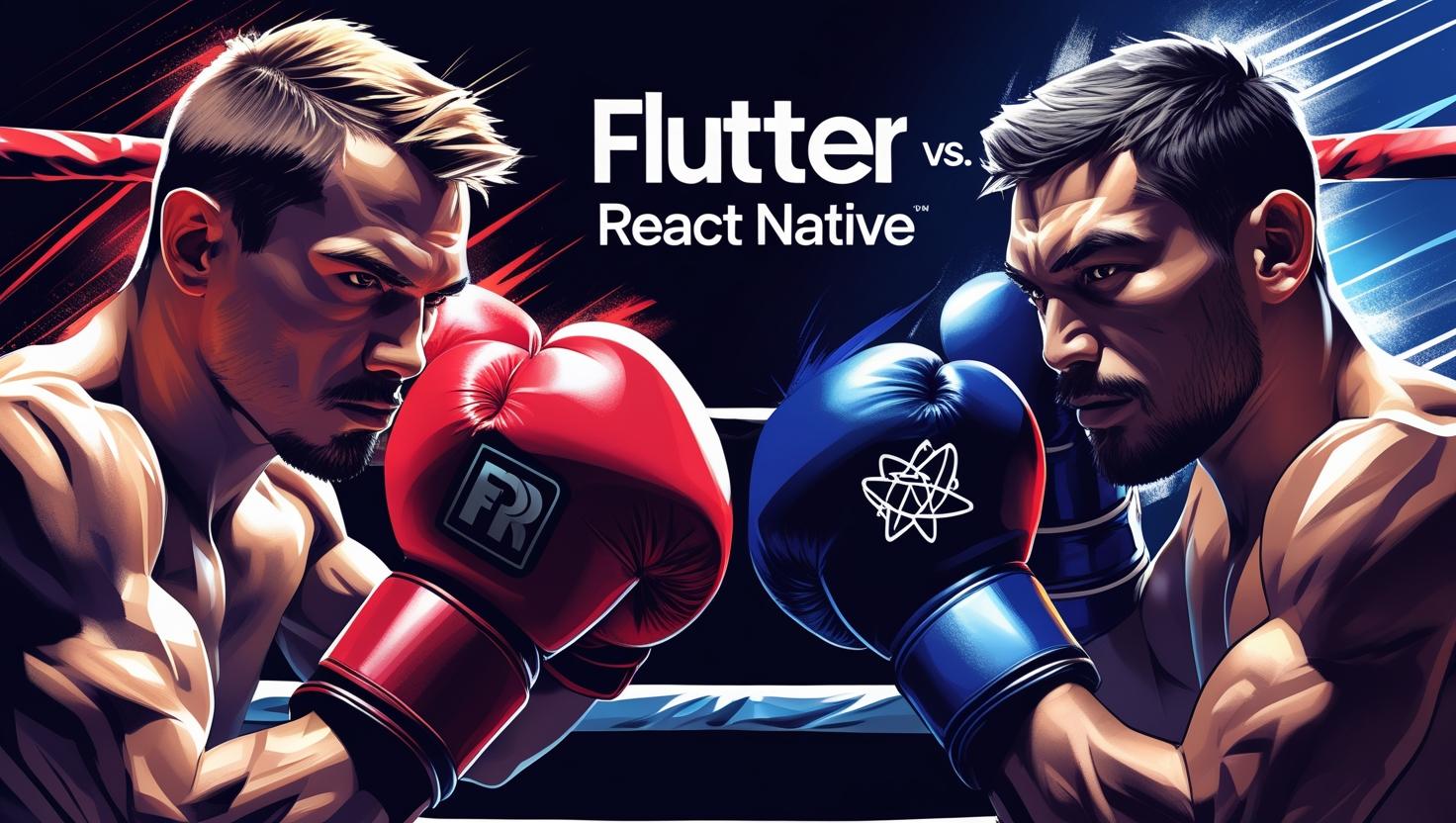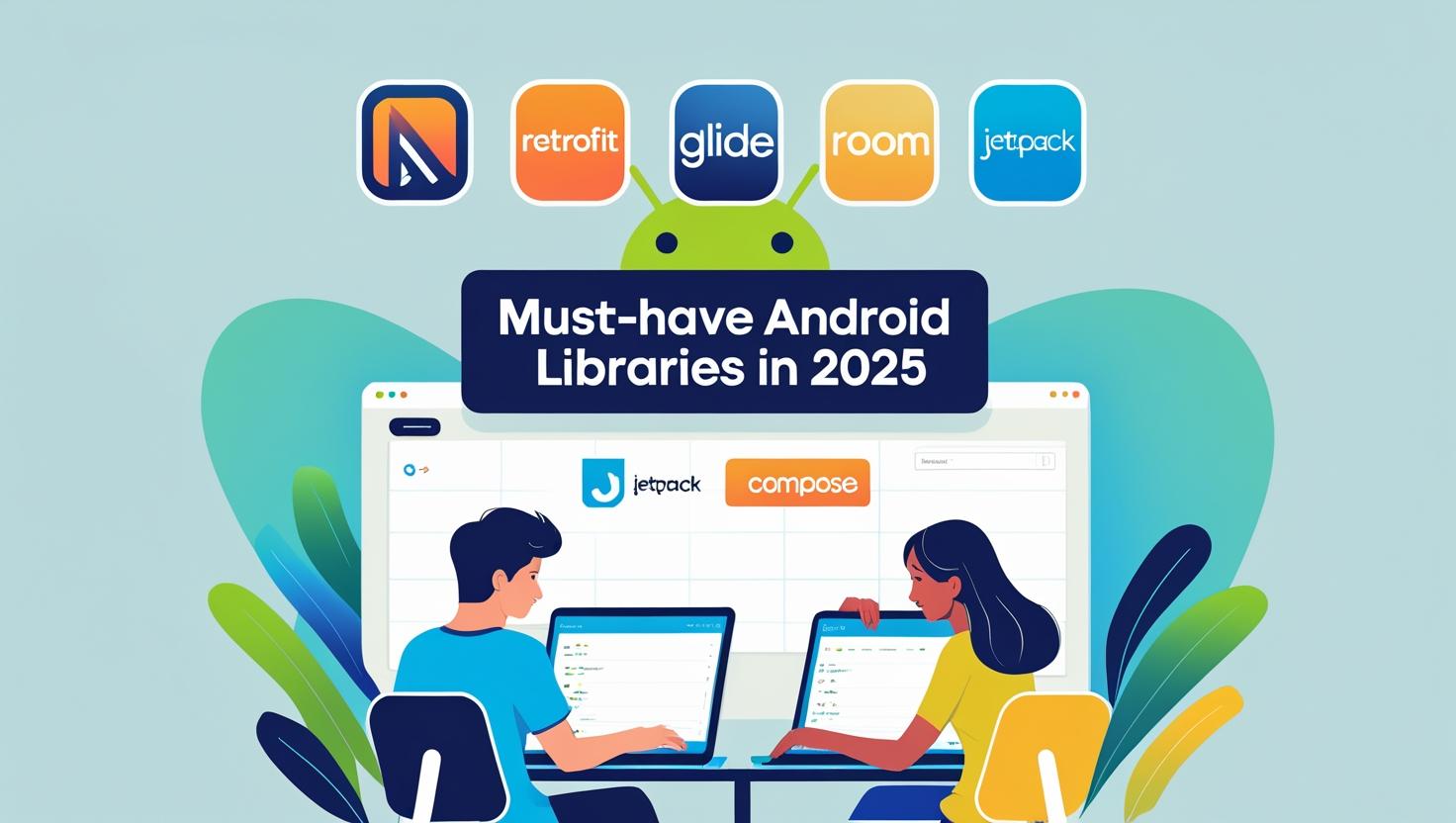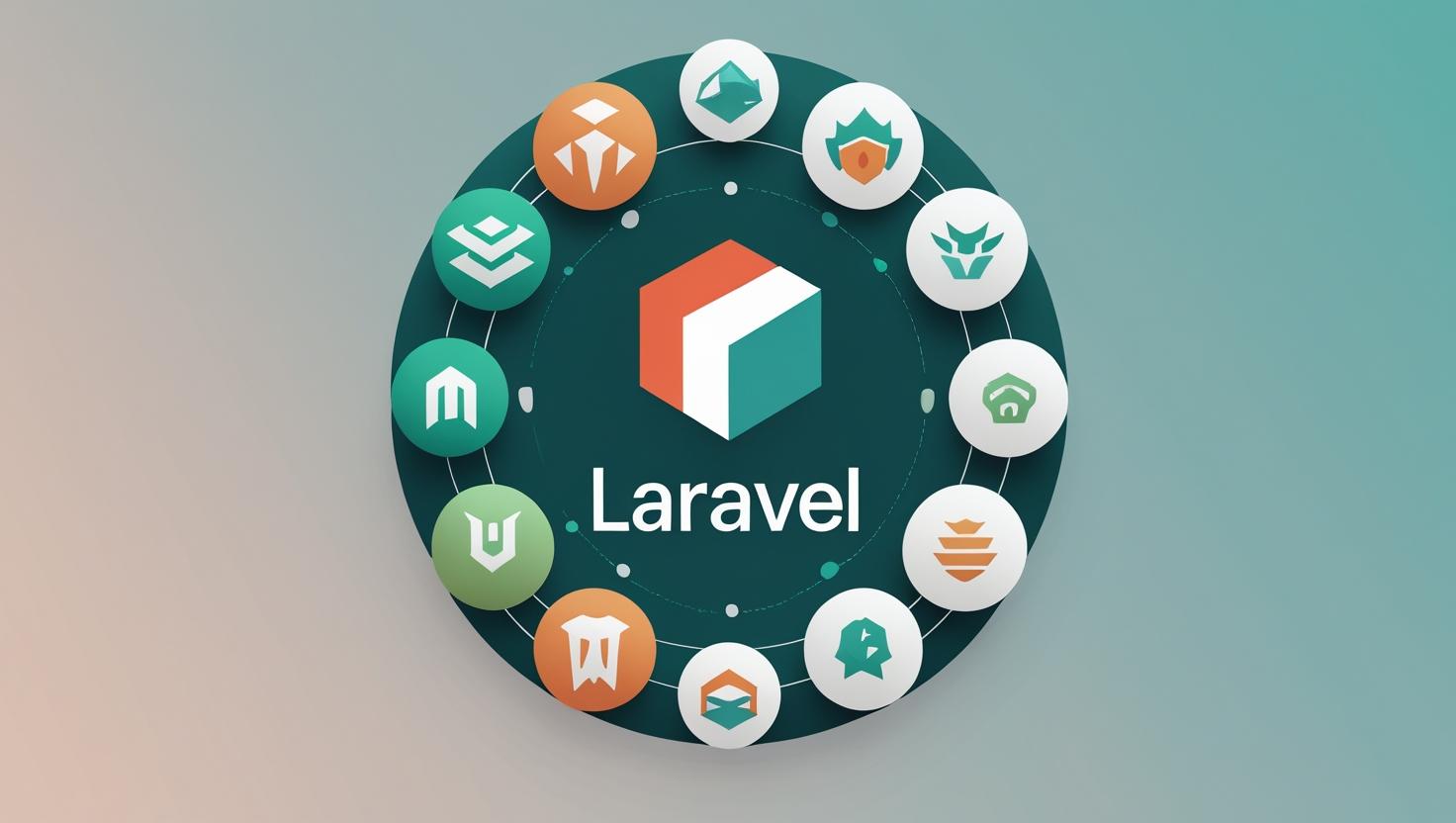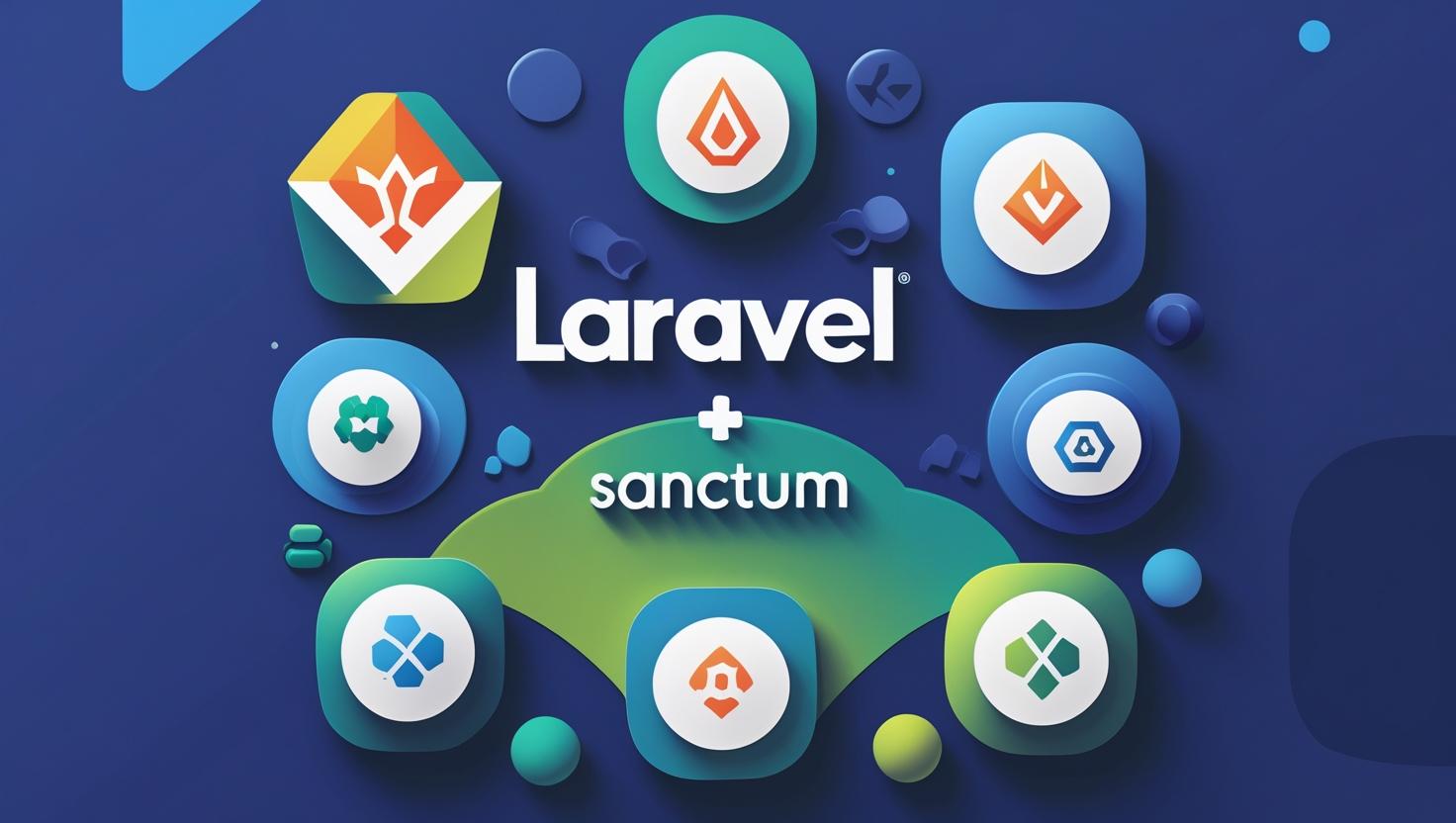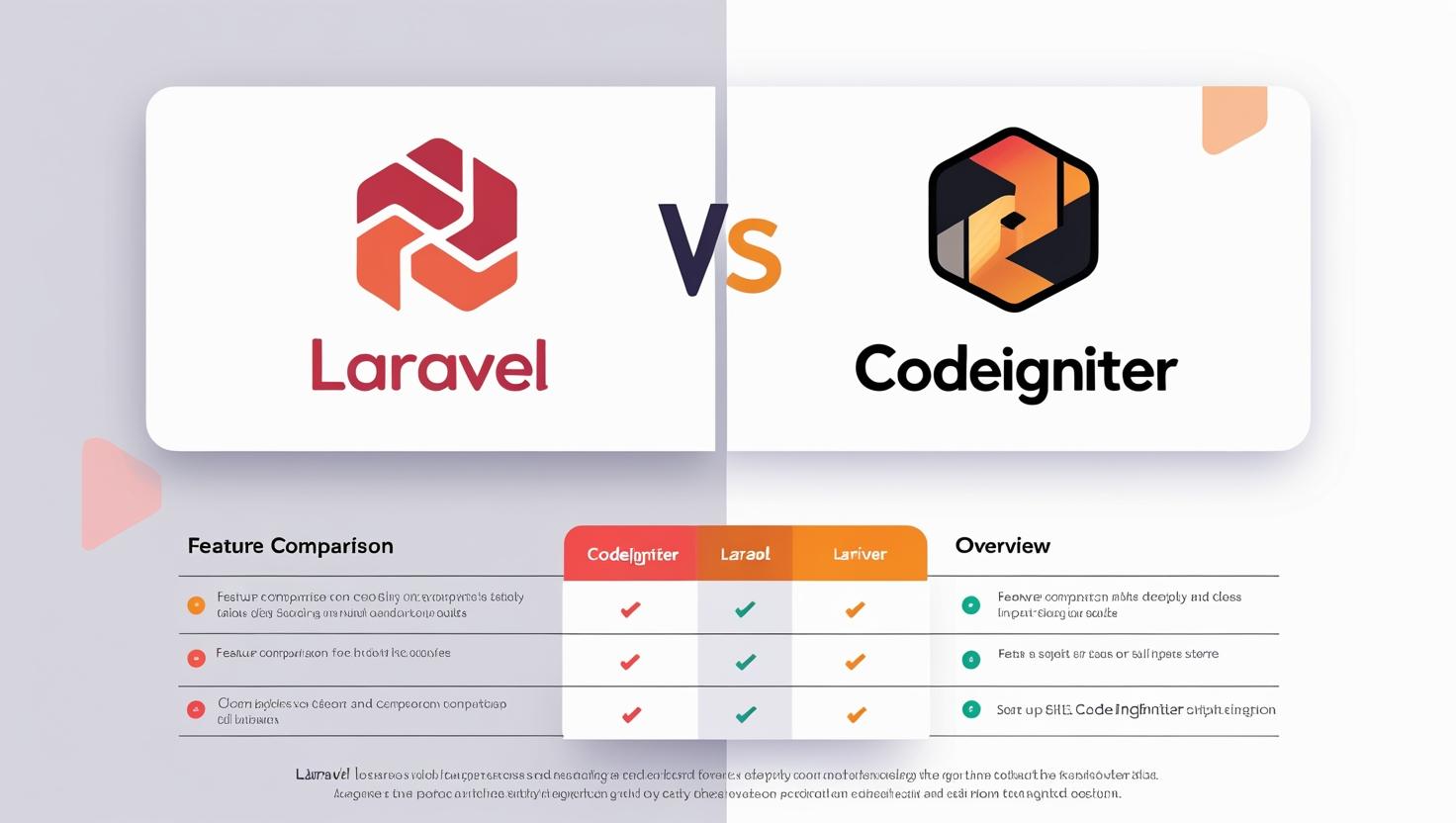In the ever-evolving world of mobile app development, cross-platform frameworks like Flutter and React Native continue to dominate. But in 2025, with both frameworks more mature than ever, which one should you choose for your next app?
This article will give you a detailed comparison between Flutter (by Google) and React Native (by Meta/Facebook), exploring their performance, development experience, UI capabilities, community, and ideal use cases.
🚀 Quick Comparison Table
| Feature | Flutter | React Native |
|---|---|---|
| Language | Dart | JavaScript (and TypeScript) |
| UI Rendering | Skia-based custom rendering engine | Native components + JavaScript bridge |
| Performance | Very high (close to native) | High, but sometimes slower due to bridge |
| Learning Curve | Medium (Dart is less common) | Easy (JavaScript is widely known) |
| Hot Reload | ✅ Yes | ✅ Yes |
| Ecosystem | Growing fast | Mature with large community |
| Community Support | Excellent | Excellent |
| Best For | Highly customized UIs, startups | Web-to-app teams, MVPs, JS developers |
🧱 1. Language & Developer Learning Curve
-
React Native uses JavaScript, the most widely used programming language. If your team has web developers, learning React Native is fast and intuitive.
-
Flutter uses Dart, which is not as widely adopted. However, Dart is easy to pick up and works especially well for UI-heavy apps.
✅ Choose React Native for a quicker onboarding.
✅ Choose Flutter for a fresh start with a well-structured language.
🎨 2. UI/UX and Customization
-
Flutter has its own rendering engine and draws every pixel on the screen. This gives developers complete control over UI and animations.
-
React Native uses native components, which can limit deep customization unless you write native modules.
✅ Choose Flutter for pixel-perfect, custom-designed apps.
✅ Choose React Native for native-looking apps with less UI overhead.
⚡ 3. Performance
-
Flutter offers better performance due to its compiled nature (Dart compiles to native ARM code) and lack of a JavaScript bridge.
-
React Native uses a JavaScript bridge to communicate with native code, which can cause slight delays in UI-heavy apps.
✅ Choose Flutter for smoother animations, better FPS, and intensive apps.
📦 4. Ecosystem and Packages
-
React Native has been around longer and benefits from a vast npm ecosystem.
-
Flutter has thousands of high-quality plugins and first-party packages from Google.
✅ React Native has more packages.
✅ Flutter packages are more consistent in style and support.
🔧 5. Tooling & Development Experience
-
Flutter offers excellent tooling with VS Code, Android Studio, and DevTools integration.
-
React Native benefits from JavaScript tools like ESLint, Prettier, and Metro bundler.
✅ Both have hot reload and strong IDE support.
🧪 6. Testing
-
Flutter includes robust testing tools out-of-the-box for unit, widget, and integration tests.
-
React Native requires external libraries (Jest, Detox) for full test coverage.
✅ Flutter wins in built-in testing support.
🌐 7. Web and Desktop Support
-
React Native focuses primarily on iOS and Android. Web support is possible but not first-class.
-
Flutter supports iOS, Android, Web, Windows, macOS, and Linux — truly cross-platform.
✅ Flutter wins in platform versatility.
🔒 8. Security & Stability
Both frameworks are secure when properly implemented. However:
-
Flutter apps are compiled (less risk of code injection).
-
React Native apps, using JS, may be more exposed if not obfuscated or protected.
✅ Flutter offers slightly better security out-of-the-box due to compiled code.
🎯 When to Choose Flutter
✅ You need a custom UI and fluid animations
✅ You want cross-platform (including desktop and web)
✅ You prefer better performance and native-like feel
✅ Your team is open to learning Dart
🎯 When to Choose React Native
✅ You already have JavaScript/React developers
✅ You want to reuse web app logic in mobile
✅ You're building a simple to medium-complexity app
✅ You want to prototype fast and flexibly
🧠 Final Verdict: Flutter vs React Native in 2025
In 2025, both Flutter and React Native are powerful and production-ready. Your choice depends on your team, project requirements, and future scalability plans.
🔹 Choose Flutter if UI/UX, performance, and cross-platform support are your top priorities.
🔹 Choose React Native if you need to launch fast, especially with an existing web development team.
✨ The best framework is the one that fits your team, goals, and user experience.
